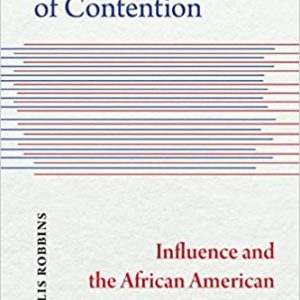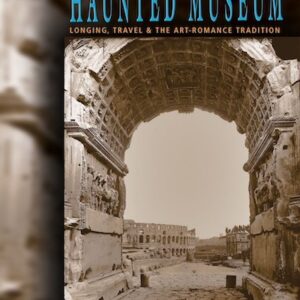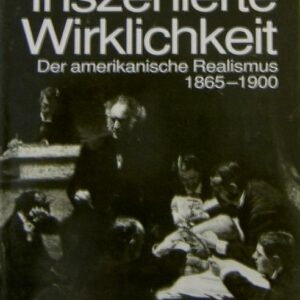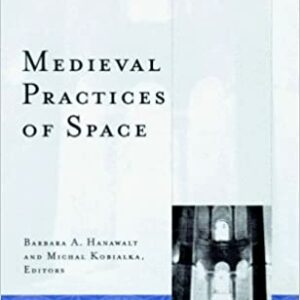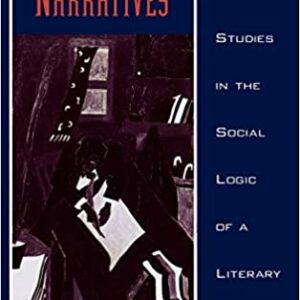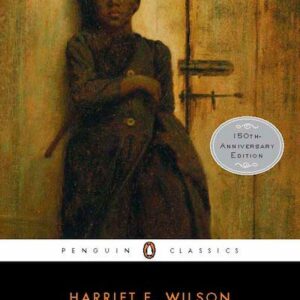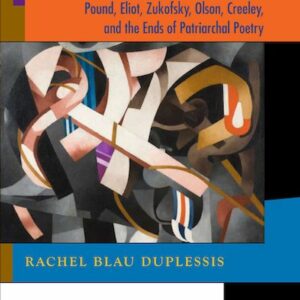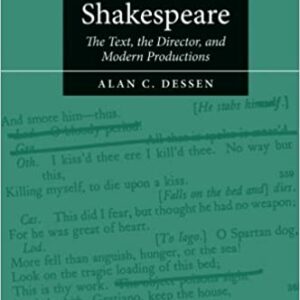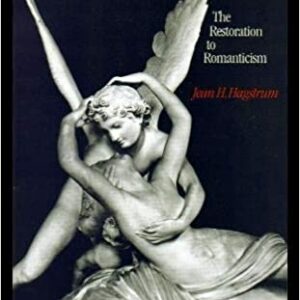
Eros and Vision: The Restoration to Romanticism
By Jean H. Hagstrum (NHC Fellow, 1985–86; 1986–87) A discussion about the period of English literature and culture from the Restoration to Romanticism (1660 to 1827, the year of Blake’s death). The quest by literary leaders for integrity within themselves and their culture is the underlying preoccupation of the period and also of the essays … Continued
